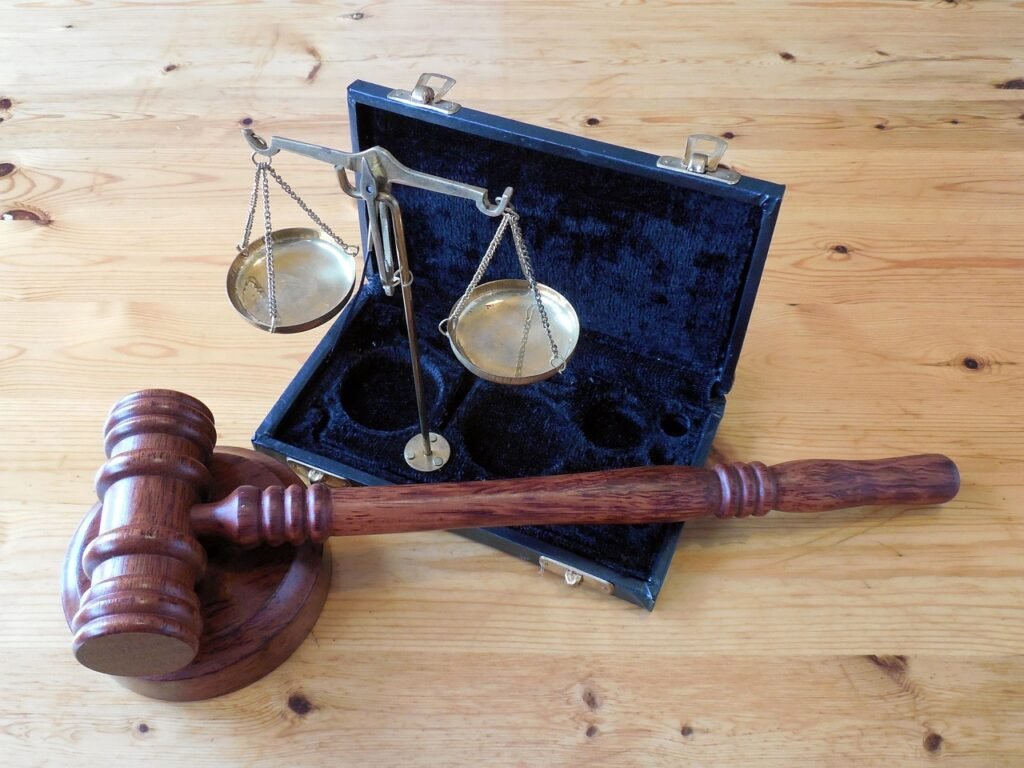How
How do you set one up?
Consult an estate planning professional or attorney.
List your assets (home, savings, insurance policies, retirement accounts, etc.).
Choose beneficiaries (who inherits what).
Appoint guardians or trustees if you have minor children.
Sign and notarize documents to make them legally binding.
Store securely (Digital Estate Vault, attorney’s office, or safety deposit box).

